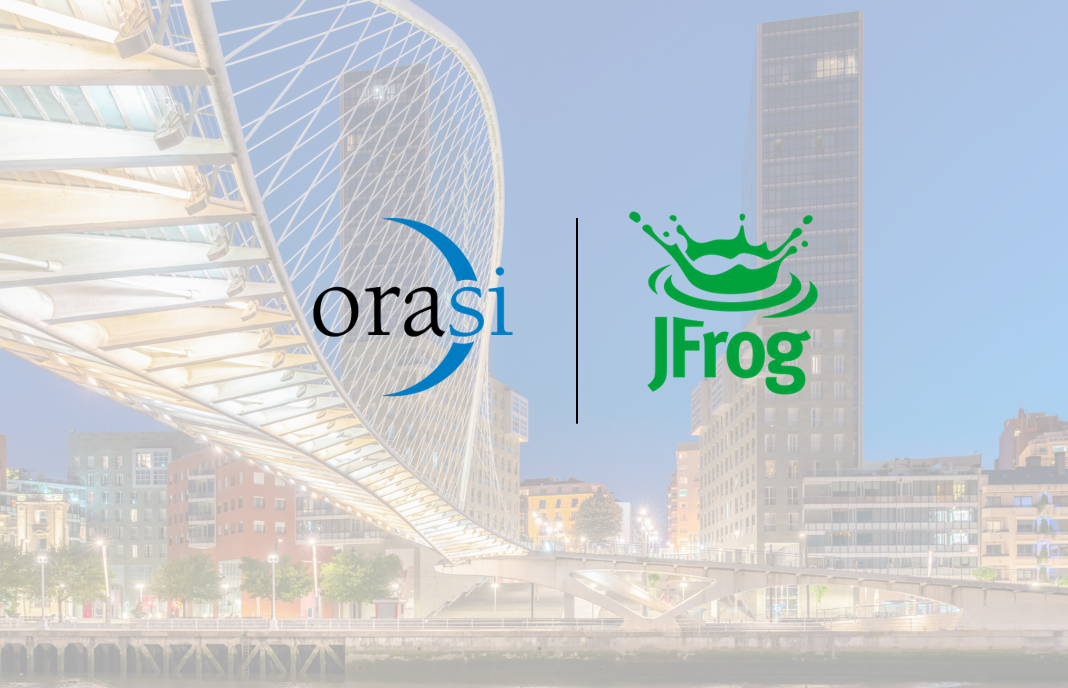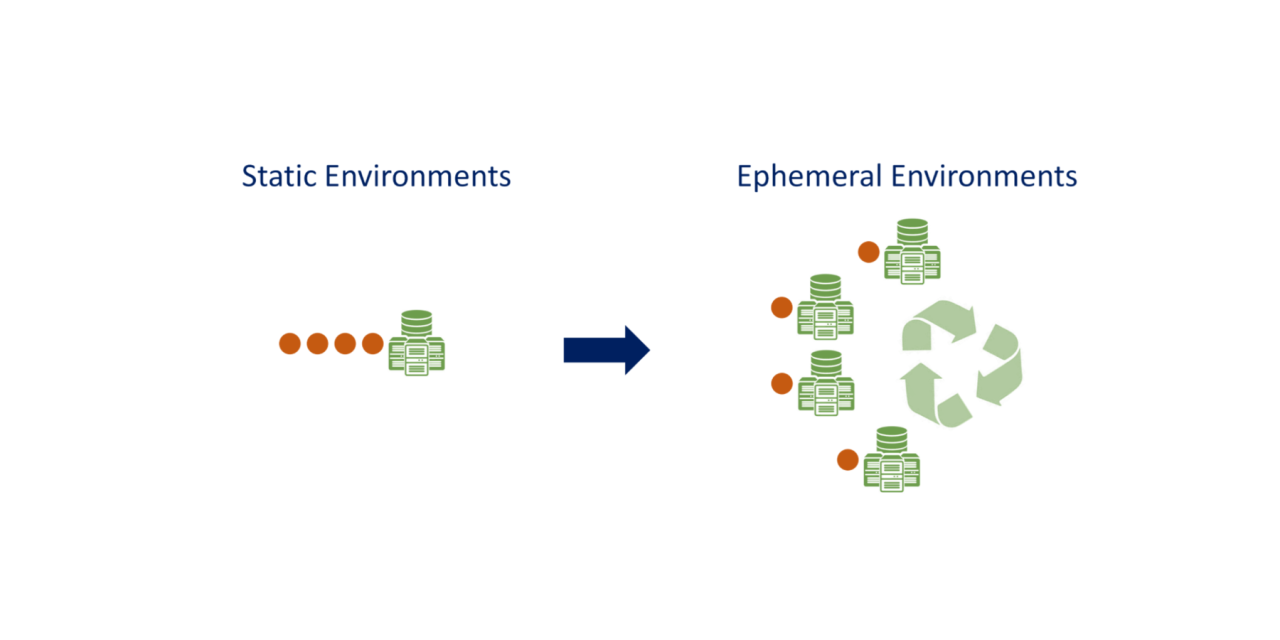By: Mark Lewis, SVP Sales and Marketing
Let’s start this topic by thumbing through the pages of a recent report. Based on scans performed on 85,000 applications, it was highlighted that the average fix time for vulnerabilities found in applications was 171 days (Veracode 10th State of Software Security Report). This was very high when compared to the figure that worked ten years ago – at 59 days.
This is just one example of the massive security debt that most enterprises have to deal with. In a rush to create fast applications and achieve rapid deployment, security is, understandably, put on the back-burner. But eventually, this carelessness comes to haunt the application and its users. Interestingly, the report also found that scanning more frequently allows for patching vulnerabilities more quickly. This is where traditional/ manual testing comes into question.
DevOps and agile software development methodologies have unlocked the power of iterative and holistic development. What if that power is also applied to the security aspect of an application?
DevSecOps – Security enters the fast pit stop
So this happens when security is injected in the quick and iterative sprints of DevOps. Thus, arrives DevSecOps. This is both a methodology switch and a culture shift as it aims to inject security into the rapid-release cycles of modern application development and deployment. It takes the shift-left mentality a level up and adds security in the new equation called DevOps.
This helps to shrink the gaps present till now between the development and security teams. Automation and self-management of security development teams enable the same thing that DevOps did – breaking the islands between Dev and Ops. In DevSecOps – the walls between security and DevOps also melt away.
DevSecOps is not just exciting but much needed in today’s era. Now when software development is all about speed, the time taken for linear and lengthy quality assessment is no longer available to many teams. That reality, compounded with the rise of public clouds, containers, and the microservice model – makes DevSecOps very useful as a practice. Now when businesses roll out applications into production at a rapid pace, they’re no longer compromising security for speed. Here,
- You can automate security testing. The development team itself can do it.
- You can spot security issues as the application develops and fix them during the process and before the roll-outs.
- The philosophy focuses on creating alternative solutions for complex software development processes.
- You can get more out of an agile framework.
- You can reduce security bottlenecks.
- There is no need to wait for the development cycle’s end-point before running security checks.
- Enterprises can enjoy faster – but safer – cycles of product delivery.
Welcome to the future with DevSecOps in the driver’s seat
This software development approach is not just a fad. It’s turning into a strong market reality that’s going to penetrate the application space even further. The DevSecOps Market is estimated to reach $6.5 billion by 2025 – showing a CAGR of 28.85 percent during 2020-2025. The reasons are multifold:
- A rampant rise in security breaches.
- Need for high-quality secure continuous application delivery.
- Heavy insistence on compliance, cyber protection, cloud security, application security.
- Vertical-specific focus. For instance, the BFSI sector suffered a breach of 106 million records in 2019. Such sectors are showing the biggest appetite for DevSecOps.
- In the government sector too, the number of data breaches was about a 2.3 million in the first few months of 2019 alone. That’s adding to the boost that the DevSecOps market is gaining.
- A rise in awareness of security mishaps in small and medium-scale enterprises.
- The rising rate of incidents that affect enterprises both financially and in terms of brand value.
Is DevSecOps the right path for you?
While the methodology is advancing to new levels with growth in market numbers, it’s not that easy to apply. DevSecOps needs a specialized skill-set. Most enterprises still struggle with security professionals and tools that work best for DevSecOps. To attain value by aligning DevSecOps with business objectives, an organization needs to have the best resources in place. Experts can help and guide you on this new path. If you wish to leverage the benefits of DevSecOps, then now is the best time to get on the superhighway.



